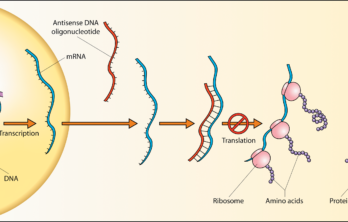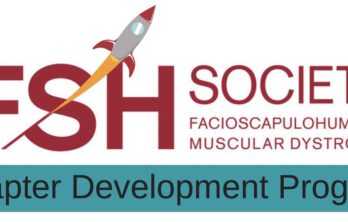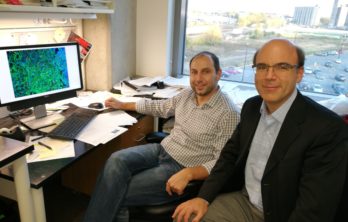[…] expression of the DUX4 gene, considered to be the root cause of muscle damage in FSHD. Michael Dyle Investigating the Molecular Consequences of Reduced NMD in FSHD Skeletal Muscle Myoblasts. […]
Newly funded grants
The time is now…
[…] trials of drugs intended to increase muscle size, however, drug developers showed little interest in FSHD, even in the decades following the ODA. This changed dramatically with the publication in […]
FSH Society launches national chapter program
Today, The FSH Society, the world’s largest research-focused patient organization for facioscapulohumeral muscular dystrophy ( FSHD), announced the launch of its national chapter development program to provide the opportunity to fund […]
FY2017 Donor Report documents a year of change and growth
[…] to move closer to our collective goal of better treatments and ultimately a cure for FSHD. As we close the book on 2017, we have much to celebrate. Together, we […]
A new DUX4 mouse with muscle disease
[…] a number of compelling similarities to the human disease. Ever since the genetic mechanism of FSHD, centered on the abnormal expression of the DUX4 gene, was published in 2010, scientists […]






